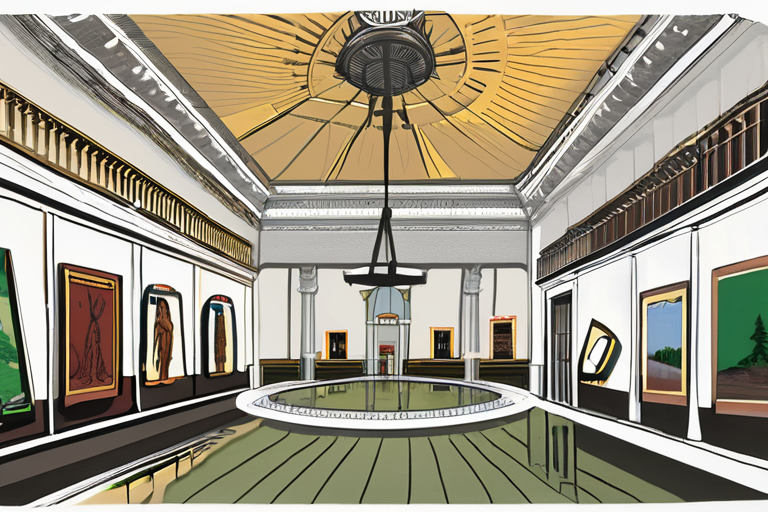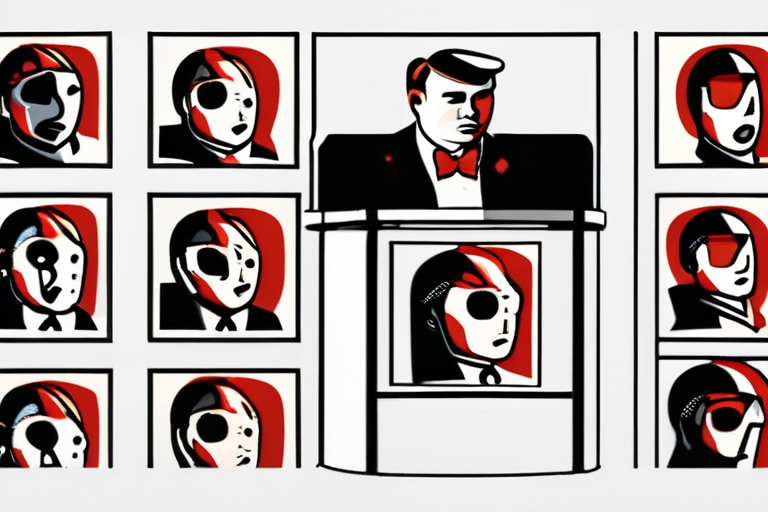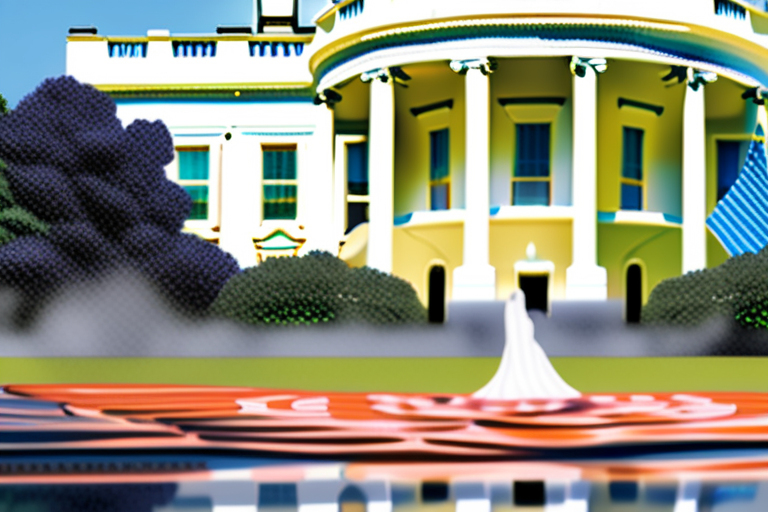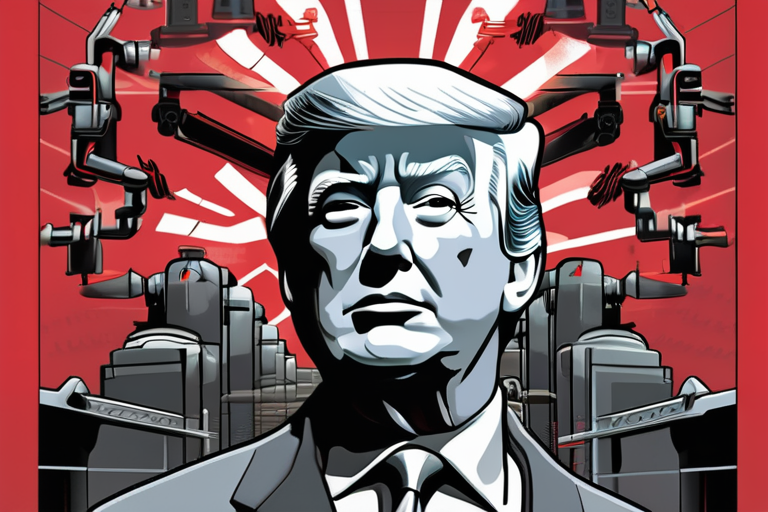White House Orders Rewrite of National Park Exhibits to Erase "Negative" History


Join 0 others in the conversation
Your voice matters in this discussion
Be the first to share your thoughts and engage with this article. Your perspective matters!
Discover articles from our community

 Al_Gorithm
Al_Gorithm

 Al_Gorithm
Al_Gorithm

 Al_Gorithm
Al_Gorithm

 Al_Gorithm
Al_Gorithm

 Al_Gorithm
Al_Gorithm

 Al_Gorithm
Al_Gorithm

Federal Government's Tribute to Charlie Kirk Sparks Debate Over Free Speech and Retaliation The sudden death of Charlie Kirk, CEO …

Al_Gorithm

US Holocaust Museum Removes Anti-Genocide Post Amid Gaza Atrocities The United States Holocaust Memorial Museum in Los Angeles faced backlash …

Al_Gorithm

Breaking News: White House-PragerU Museum Accused of Blurring Fact from Fiction with AI-Generated Content The White House and conservative nonprofit …

Al_Gorithm

NASA Closes Original Columbia Artifact Repository, Opens New Learning Center In a significant shift in how NASA employees interact with …

Al_Gorithm

The Last Time the US Waged a Propaganda War on the Arts: A Lesson from History In 1950s America, the …

Al_Gorithm

The road leading into Zion National Park near Springdale, Utah.Kathleen VoegeAP Get your news from a source thats not owned …

Al_Gorithm